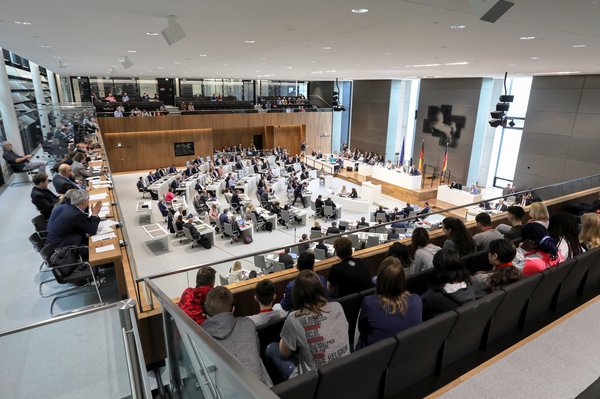Council of Elders

Not a council of the oldest
The State Parliament forms a Council of Elders in accordance with Article 20 Para. 3 of the Constitution of Lower Saxony to support the President. The responsibilities of the Council of Elders can be found in the State Parliament’s rules of procedure: the Council of Elders supports the President with parliamentary matters, offers advice on scheduling and the agenda of sittings and decides on the seating plan in the plenary hall. In addition, the Council of Elders serves as the committee of procedure; the members advise on the rules of parliamentary work.
The President chairs the Council of Elders. The President is a member of the Council of Elders – as are the vice presidents - and has an advisory vote. All parliamentary groups are represented in the Council of Elders. Each parliamentary group fills its seats in the committee not with its oldest members, but with its best and most experienced ones. After all, they are practically the ‘chief negotiators’ of the parliamentary group and are responsible for ensuring that their interests are given adequate consideration in everyday parliamentary business. Thus the Council of Elders is often ‘caught between a rock and a hard place’. A lot of intuition and political expertise is required to make sure it can fulfil its role to everyone’s satisfaction.


